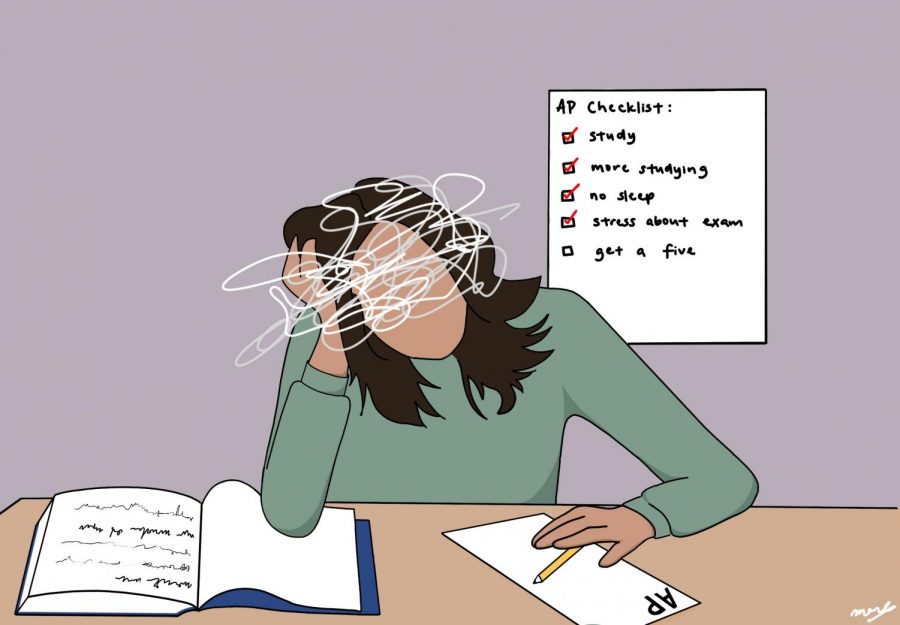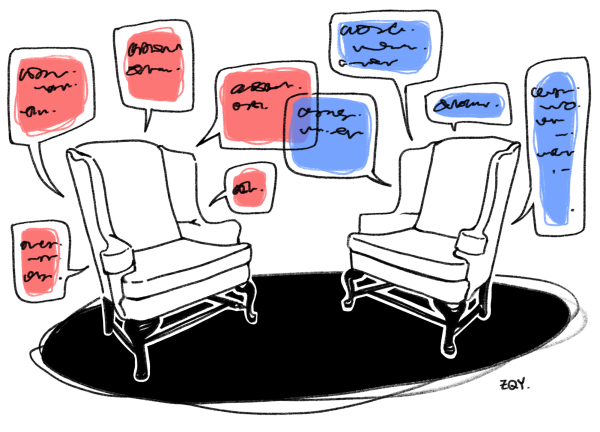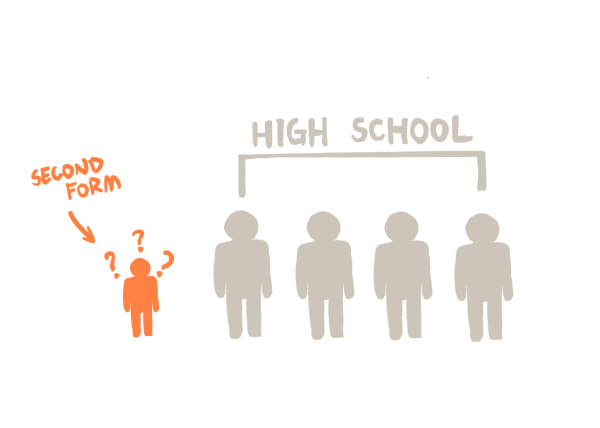It’s Time to Eliminate APs
It is no unpopular opinion among Groton students to detest the entire AP system with a burning passion. However, we rarely think about the prospect that we can actually get rid of APs at Groton with great ease and success. So, with the academic and mental well-being of students in mind, the taxing yet replaceable nature of the AP curriculum makes it imperative for Groton to stop offering Advanced Placement courses and replace them with a new system of honors courses.
Before addressing the dangers of offering an AP curriculum, we must first acknowledge that the system at large is hardly necessary at Groton. Because many of Groton’s faculty are highly qualified and multi-talented, limiting them to teaching merely what is directed by the AP curriculum and teaching for the exam can serve as a waste of skills and resources. Students would instead learn significantly more if teachers were able to regulate the course curriculum as they (and their students) pleased, and not be constrained by the bounds of one culminating test.
In that same vein, AP courses, particularly the humanities, are not nearly as conducive to expanding students’ minds or knowledge of a subject as purely teacher-regulated courses. “Since everyone has their own way of expressing their reaction to art, it is impossible to declare that there is one, standardized rubric for assessing a student’s comprehension. What it becomes, then, is less a study in a subject and more a study in how to take a test,” says John Rogers ‘22.
All of this has amounted to remarkable levels of stress among the student body (as well as all students taking APs), the courses being extremely daunting in workload and inflexibility of learning. In fact, a study conducted by professors at George Washington University found that taking an AP science course increased the likelihood of students reporting levels of stress by 17%. Additionally, lowered confidence, sleep deprivation, and declining grades were a trend among AP students within the study.
And not only are APs highly detrimental, but also easily replaceable for Groton. Boarding schools like Choate and Milton have already stopped offering AP courses, instead replacing the AP curriculum with similarly-paced honors courses. This way, teachers would be able to regulate their course in a more liberal manner and be able to slow down or speed up the progression of the course based on the needs of students. In fact, Choate students and teachers reported primarily positive results, the majority of students expressing relief that the stress of AP courses would in large part be lifted from them.
While some concerns may be raised about harming Groton students’ competitiveness in the college admissions process without AP courses, these concerns in reality are not so taxing as many believe. For courses in particular that allow students to skip out of introductory courses, a number of colleges already offer placement tests for students to place into a higher level course without having received an AP credit previously. However, even for those schools that do not offer such placement testing, the benefits of eliminating APs at Groton ultimately outweigh the costs: greater academic freedom, less stress, and obtaining a more well-rounded learning experience are all very important advantages to take into account above this relatively minor concern.
And in terms of AP courses providing credits for students when in college, the amount of credits provided, typically around 2 or 3 for a 5 on the AP exam, is in reality insignificant as compared to the amount of credits required to graduate college (120 college credits, in addition to standard required classes).
Thus, it is beyond clear that in order to preserve the long-term academic success of an institution like Groton, we have to emerge from the confines of standardized curricula and instead embrace the unique resources the school has to offer.
Editor-in-Chief










